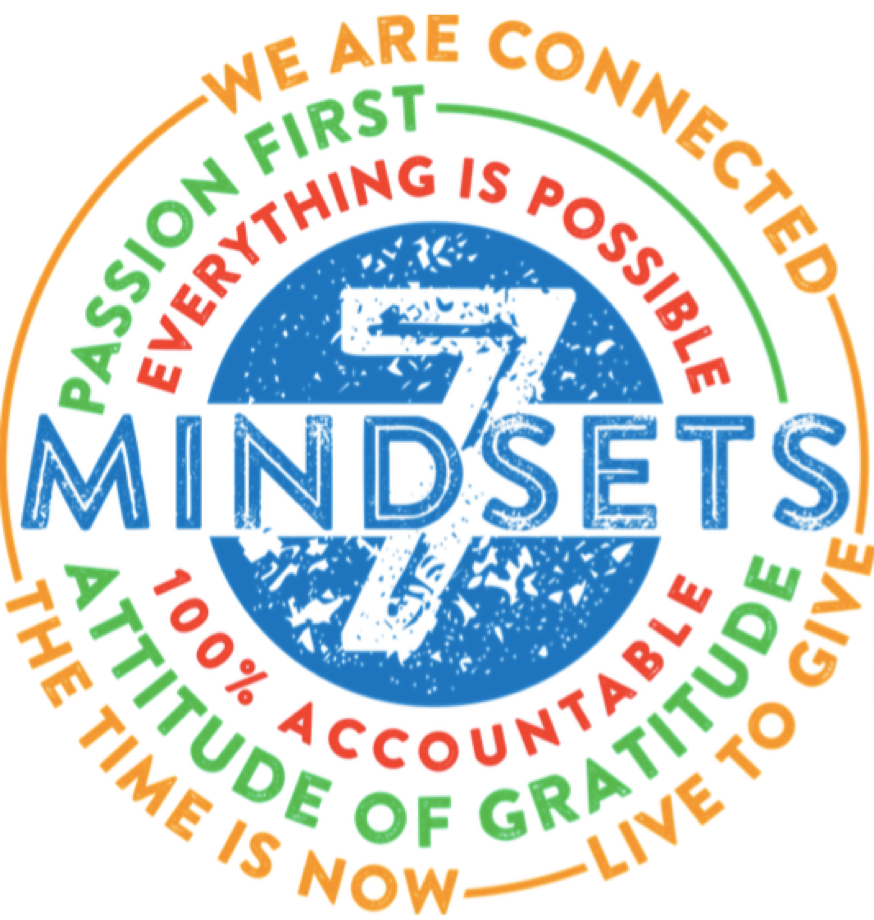By: Lynne Eddis and Duane Moyer
If you ask an adult to remember their favorite teacher, it probably won’t take them long to recall that special person and what the educator did for them. Whether the teacher recognized their strengths or supported their passions, the best educators believe in their students and leave them with a long-lasting impression of what is possible for them in school and in life.
Many educators today are at risk of losing faith in their ability to make those connections with their students—and make a difference in young people’s lives. The three years since the pandemic began have been challenging and destabilizing for educators, and their belief in themselves and in the profession may have faltered. Many educators report that students do not have the stamina they once did. They see their colleagues struggling or deciding to leave the profession altogether. These realities have left educators wondering if their hard work matters and if they can still be someone’s favorite teacher someday.
Administrators, education leaders, and educators themselves must recognize this challenge and focus on rebuilding educator agency, that belief that educators can set and reach goals and have a real impact on their students.
Educators cannot pour from an empty cup. The following strategies can go a long way toward helping them regain a sense of efficacy and hope about their work with students.
- Focus on what you can control. An educator’s confidence and sense of agency can be undermined by fears and worries about their students. But research on worrying shows that people spend a lot of time and energy worrying about the past or things that never actually happen. Instead of focusing on next year’s test scores, notice what you are doing for students every day; it’s important to challenge and reframe your thoughts about your students and stay focused on what is within your control.
- Feed the feedback loop. An educator’s belief in themselves is improved with feedback. That is not the same as an evaluation, which occurs infrequently. Feedback has a positive influence on students and adults alike. When administrators give feedback, they can switch from “you” statements to “we” statements and offer to do things like visit other classrooms together to observe. This helps teachers hear feedback more willingly. Strong feedback helps teachers learn, grow, and feel supported in their environment.
- Foster collaboration. Teachers benefit from opportunities to share their stories and discuss their practice. If they can talk about what they did in class, how students responded, and hear the experiences of other teachers, their sense of efficacy grows. They can discuss examples of modeling thinking or problem solving for students and how it improved their teaching. Education leaders should find ways to create more spaces for these conversations.
- Celebrate small wins. Some educators are missing the connection between successes they see with students and the efforts that went into the success, i.e., between effort and impact. It is important for teachers and their peers to recognize even the small wins and connect those wins with the work that went into them.
- Encourage self-care. Chronic stress and anxiety have become the norm in many schools since the pandemic. They are normal responses to an abnormal situation. The good news is that it is possible to build a sense of agency despite these adversities. It’s important for teachers to take care of themselves. One way to engage in self-care is to acknowledge vulnerability. Additional strategies are to strive for balance outside of work and develop a wellness plan that includes healthy eating, good sleep, and exercise.
- Create a community of care. Research also shows that efficacy is built through meaningful gatherings with others and taking care of others. Teachers and administrators can create cultures of care within their buildings. With a little extra time, a school leader can offer to help a teacher in need run an errand or grade papers. This strategy encourages noticing when a colleague is struggling and paying it forward as well. It also establishes a sense of collective responsibility for the challenges that many students and teachers are facing now. As a school, come up with a list, such as “5 Ways to Show Up for Each Other,” share it in meetings, and post the list throughout your school.
The strategies above are only some of the ways to help educators regain their sense of efficacy and hope about their work with students. Administrators, school leadership teams, and educators can gain more understanding and learning additional strategies in the webinar, Building Educator Agency and Optimism: How Strength-based Approaches Can Help Educators Rediscover Joy in Their Work and Unleash Their Full Potential, presented by Doug Fisher.
7 Mindsets, a social-emotional learning and mental health solution provider for schools and districts across the country, offers multi-tiered SEL curriculum, professional development, and assessment that ensure safe and supportive learning environments. Our monthly Leading Minds webinar series features conversations with educational leaders on current topics in education.

